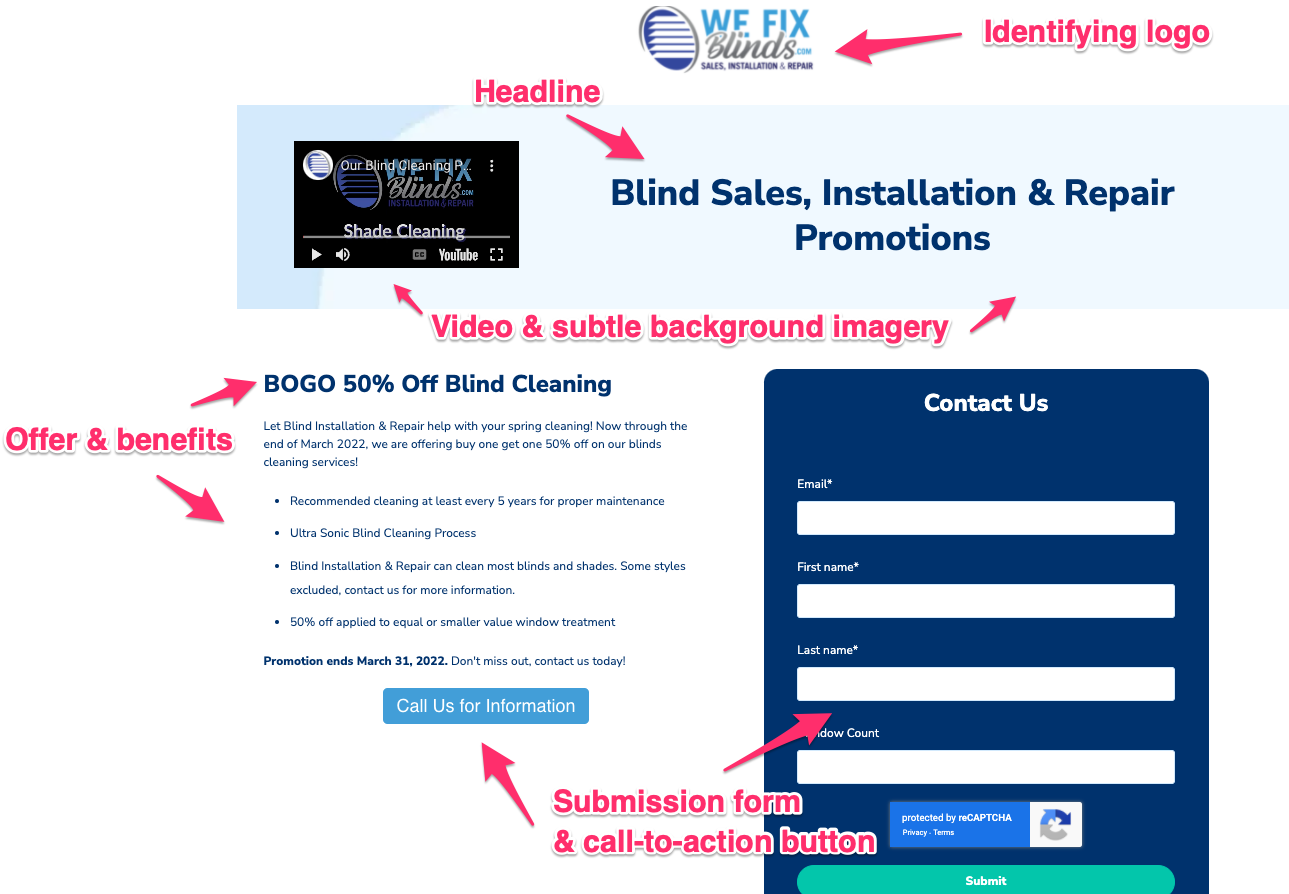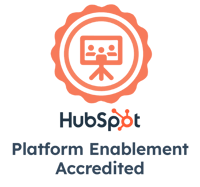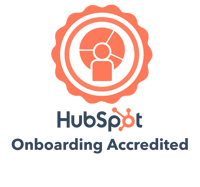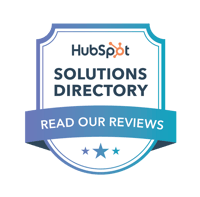If your online ads are underperforming, first ask yourself: are you sabotaging yourself?

Many business owners and marketers know they should be advertising online, but they don't have time to get very strategic or dig deeper into possible options... so they hurl unpolished ads into the void, and are then surprised when they don't get any clicks.
Improving your PPC campaign performance starts with a strategic plan. Many campaigns start with the goal of getting the most views possible, which is backward - it should be all about getting conversions, not views. Views are important for getting your ads seen, but it's more important that your ads are seen by the right people.
1. Know Your Audience
It's important not to waste money on the wrong fit. Before you ever build your PPC campaigns, you should have a clear persona in mind for your ad.
Buyer personas are fictional, generalized representations of your ideal customers. They help you understand your prospective customers better and make it easier for you to tailor content to the specific needs, behaviors and concerns of different groups. The strongest buyer personas are based on market research as well as on insights you gather from your actual customer base (through surveys, interviews, etc.).
Identifying the persona for your PPC campaign is essential - this will tell you where they spend their time online, what services are relevant for them and what messaging is most likely to resonate. A lot of business owners get caught in the trap of trying to market the same service the same way to everyone possible. Unfortunately, this will only waste your money online. Internet users are constantly bombarded with ads, and the only possible way for you to stand out is you're speaking to them directly and addressing their specific needs.
2. Choose the Right Platform
Sometimes it really is them, not you. Your ads may be underperforming because they're not optimized for where you're placing them, or they may be wrong for that platform altogether. There are two primary places to run ads online - Google or social media.
Google Ads
Google AdWords is a paid search platform, which means it relies on user intent to show ads. When a user types something into Google, ads appear above and below the search results that are related to that keyword. An advertiser selects the keywords they want to run ads for.
Social Media Ads
Each social media platform runs ads slightly differently, but the core concept is the same: you're targeting ads by interest, vs by search intent. Instead of typing in a specific keyword, social media profiles analyze a user’s demographic information and activity on the platform to generate ads. An advertiser selects the type of person they want to show their ads to, usually based on demographics like job title, age, location, etc.
Social media ads used to be a lot more targeted toward users' interests and general online activity - however, several of these platforms (most notably, Facebook and Instagram) have come under fire for privacy violations. As a result, they've scaled back advertising tools immensely, so you'll need to hone in on publicly available demographical information and group memberships vs. that person's activity online.
Social Media PPC Options:
LinkedIn Ads - Best for B2B businesses and SaaS products. Ads are generally text-based but can also include imagery.
Facebook Ads - Still one of the largest online advertising tools, despite public controversy. Ads that feature photos and/or videos typically perform best. Both B2B and B2C are effective on Facebook.
Twitter Ads - Choose this if your audience is active on Twitter. Keep ads simple and short, or use a GIF to capture attention.
Instagram Ads - Works best for eCommerce or B2C. Fantastic for visual ads and creating FOMO.
YouTube Ads - Best for video advertising, allows you to spread your message broadly or narrow in on niche topics based on the subject of the video.
Twitch Ads - Video or banner advertising that works best for B2C products for specialized interests.
3. Choose Your Fighter
Whatever platform you choose, you'll have a variety of different ad types to select from. Your options will vary depending on the platform, but generally speaking, these are the most common types of ads:
Display or Banner Ads - These are image-based ads that typically appear on the top, bottom or sides of pages alongside content. On social media, these appear within a user's feed as they scroll through content.
Search Ads - These are unique to Google and other search engines, but are what most people think of when they hear "PPC." They are hyperlinked text ads that appear alongside organic search results.
Video Ads - These are found most often on YouTube, Facebook and Twitch. These are short videos that usually play before a video.
Choose your ad type based on the content you have and your audience. You may find based on your persona that your audience responds best to video, or they may be more engaged with short snippets of text.
4. Set the Right Budget
This step is easier said than done, and is highly dependent on your industry, your keywords and where you're advertising. On platforms like Google, you set a daily budget and pay per click. Meaning on Google, if your budget is $10 a day and each click costs $5, your ad will stop displaying once you hit 2 clicks a day.
However, on most social media sites, you set a total budget that runs in increments. You can choose a daily budget or a lifetime budget. So if your total budget is $100, you can run an ad $10 a day for 10 days or $100 a day for 1 day.
Most online ad platforms have forecasting features in place to help you know what to expect in terms of results for your budget. On Google, what keywords you choose will drastically impact your budget. Some keywords cost as little as 2 cents per click while some can cost as much as $50! This is where keyword research comes into play.
5. Give Leads an Obvious Action
Have you thought intentionally about where you're sending people who click on your ad, or are you just sending them to your homepage? If you're not clear on the next step a lead needs to take, then you're going to lose them.
Think about what your ad is all about - are you selling a specific product? Then it makes sense to have that ad point right to that product page. But what if it's a service? What if you need them to make an appointment first? Be intentional on where you're sending people, and make sure you give them a form to fill out. If you're not already using one, landing pages are key for helping convert leads. They are exactly what they sound like: a page where someone lands after clicking on an ad.
Let's take a look at this landing page designed for conversion:

This makes it clear to someone reading the page what exactly they offer is, and exactly what they need to do next.
Before writing off online ads altogether, make sure you're following best practices for online ads. Knowing who you want to target, where to reach them and what content speaks to them will allow you to create the best PPC campaigns you can.
Free Guide: Beginner's Guide to Digital Marketing
This in-depth covers everything you need to know to get started with effective digital marketing
What exactly digital marketing is and how it works.
Explore a step-by-step process for running an digital marketing campaign in today’s competitive business landscape.
Best practices for your digital marketing strategy
We walk through how to implement a strategy using digital marketing, email, SEO, social media and online advertising.
How to measure the impact and ROI of your strategy
Make insights-driven business decisions and confidently present the value and impact of marketing efforts in support of top-level business objectives.
BizzyWeb is a Minneapolis-based digital marketing and web design agency that helps companies get the high-quality leads they need to grow and thrive. Our tactics include inbound marketing, SEO, advertising, web design, content creation and sales automation. We are an accredited HubSpot Platinum Partner and we offer full-service HubSpot onboarding, enablement and strategy for new and current users.






